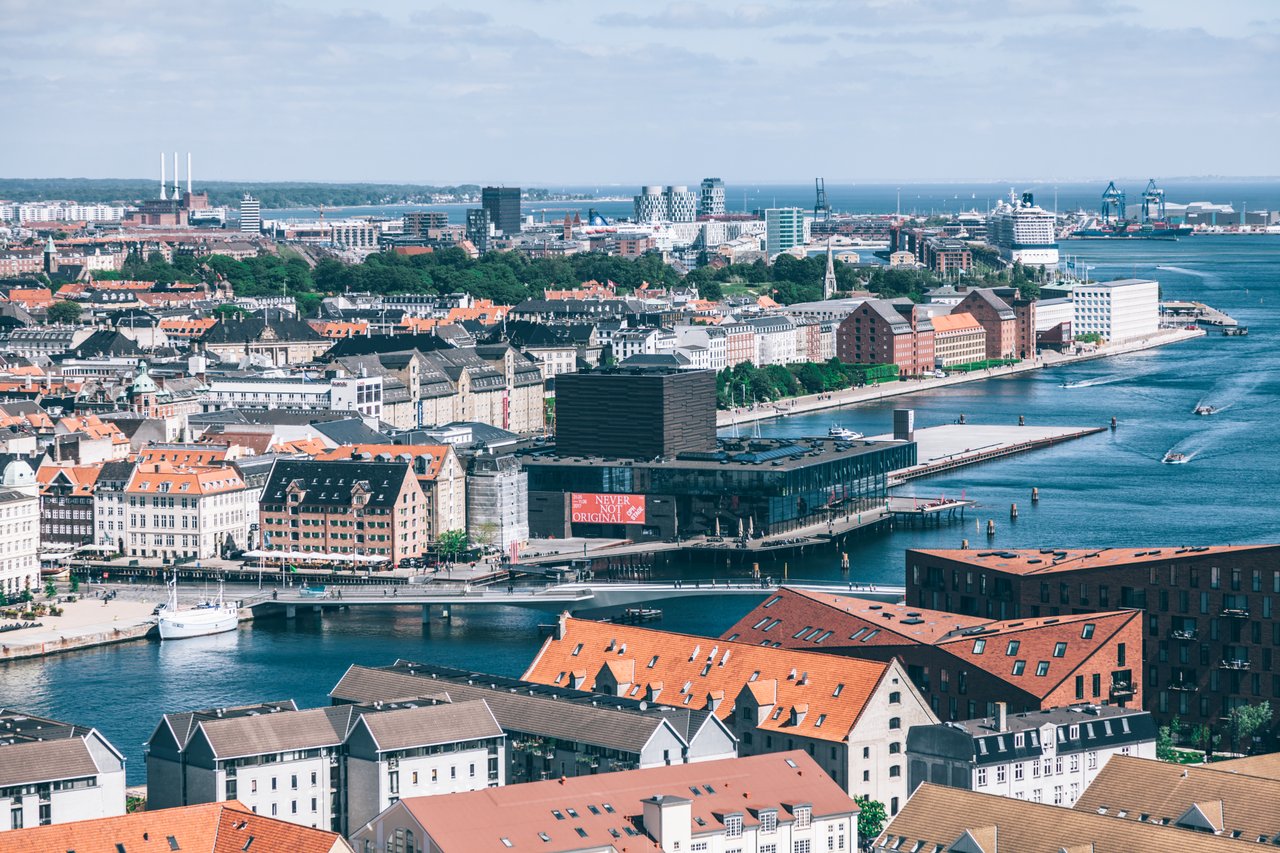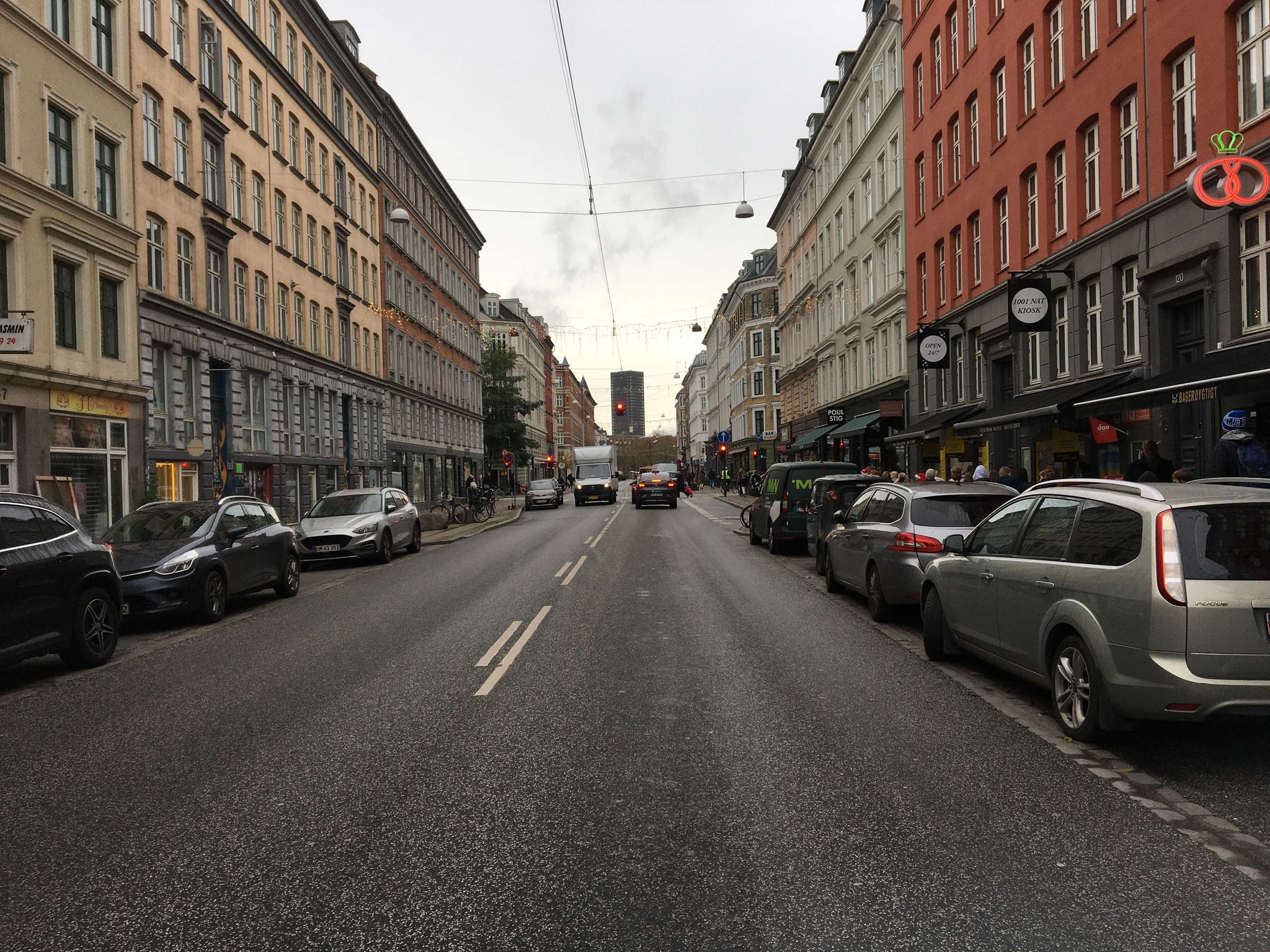The nation’s music industry has mirrored that of the rest of the known universe and been in a long, slow decline since the 1990s. Domestic music sales have plummeted from over one billion kroner a year in the ‘90s to just over 420 million kroner last year.
However, according to the Danish performing rights organisation Koda − the agency that collects royalties for songwriters each time their music is used or played − there may be a light at the end of what has been a very long dark tunnel: streaming.
Streaming is the act of listening to a song via a streaming service on a computer, cell phone or any other device connected to the internet. Most of the streaming services, like Spotify, TDC Play or WiMP, offer both free and paid – for services. Customers who pay a subscription fee get advertisement-free listening and other services, including the ability to store tunes on their various devices. The songs they collect remain ‘theirs’ so long as they continue to subscribe.
Koda has calculated that the revenue from streaming will be 2.5 times greater in 2012 than it was in 2011. It is optimistic that streaming will begin to plug the huge financial hole left in musicians’ pockets due to virtually non-existent CD sales in recent years. In its 2011 annual report, Koda said that Danes had simply stopped buying CDs.
“Since 2010, it has become increasingly rare for Danes to buy CDs for themselves,” said Koda. “They are mostly bought for children or as a Christmas gift.
Ten percent of Danes say they have not purchased a CD for themselves in the past five years, and ten percent of 18-29-year-olds say they do not own a single CD.”
Koda gets about 12 percent of the revenue whenever music is streamed in Denmark. Last year, the streaming services paid 6 million kroner to Koda. The use of streamed music has jumped so much this year that Koda expects to earn more than 15 million kroner by the end of the year.
Many of those supposed to benefit from the new model remain sceptical, however. The writers and musicians say that the amount they earn from streaming does not even begin to make up for lost sales.
According to worldwide estimates, artists on Spotify receive roughly 0.3 of a US cent per stream. This means that for an artist to earn one dollar, their music needs to be streamed over 330 times.
That means it would take roughly 5,000 plays on Spotify for an artist to make 100 kroner.
In order to generate interest in streaming, services like Spotify made huge initial payments to major labels for the rights to use their music. Musicians were not paid any royalties based on those initial transactions, which in the US alone were estimated to be worth upwards of 100 million dollars. Musicians are also uncomfortable knowing that many of the streaming services are at least partially owned by the major record labels. Sony, Warner, Universal and EMI together own approximately 15-20 percent of Spotify.
International artists like Adele and Coldplay will not allow their music on Spotify or other streaming services.
Closer to home, Norwegian musician Håkon Thelin wrote in an article earlier this year that he had made just 350 kroner form an entire year’s worth of streams of his album ‘Light’, although it was listened to some 15,000 times.
The Danish band Big Fat Snake reported that each of the band’s five members receives the princely sum of four Danish øre whenever someone streams one of their songs.
Koda’s managing director Anders Lassen said musicians are wrong to equate streaming with CD sales.
“Although we have seen an increase in revenue from online music, they do not make up for the decline in CD sales,” Lassen said in his annual report to members. “Consumers are well aware that the cost of making music available digitally is lower than if an artist actually presses a CD and sells it in a shop.”
Lassen said that streams should be viewed as more closely related to radio airplay than to sales of physical CDs.
Lassen pointed out that the alternative is illegal pirate music sites, where no-one − artist, label or Koda − makes any money.
The Danish rapper L.O.C., meanwhile, has chosen a different approach. He offered his latest release free on the streaming service TDC Play in March. He said the promotion was successful on several levels.
“Older records in my catalogue started selling again and it got people out to my concerts,” he said.
L.O.C. recently split from his record company and now releases his music on his own.
“I made my old label 15 million kroner over the past decade, and I have not seen anywhere near that amount,” said the rapper.
L.O.C. said that the best record deal in the Danish music industry would not earn him a third of what he now makes as an independent artist.

















